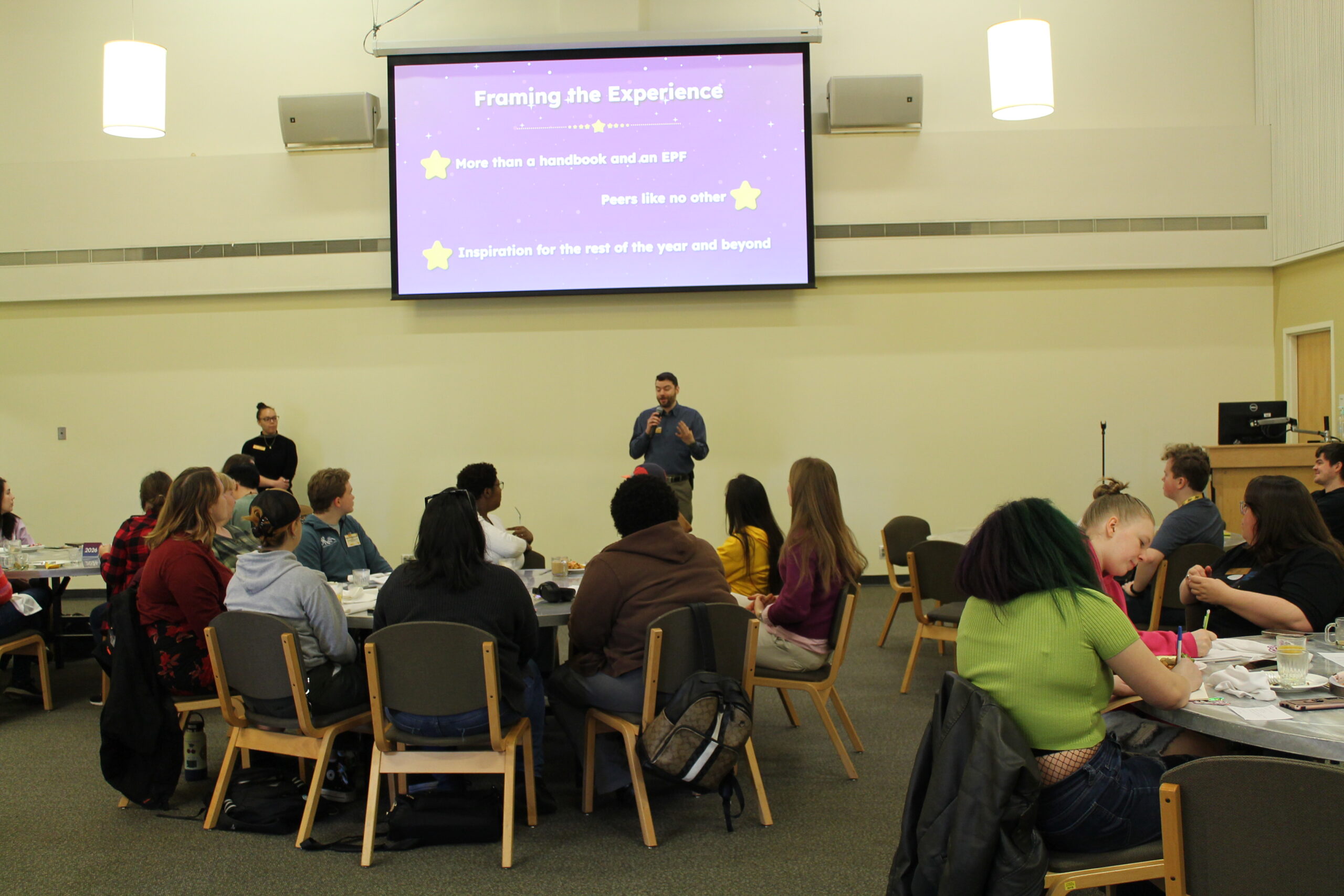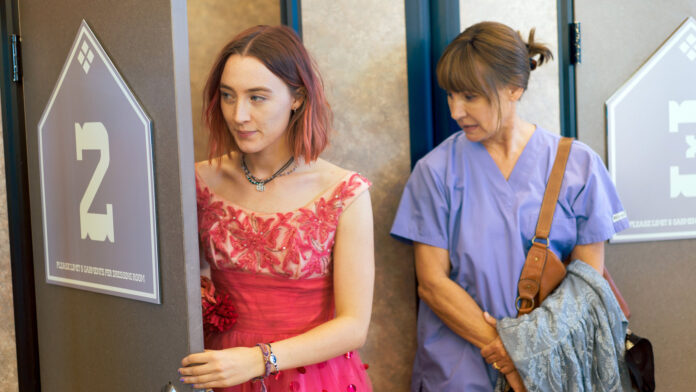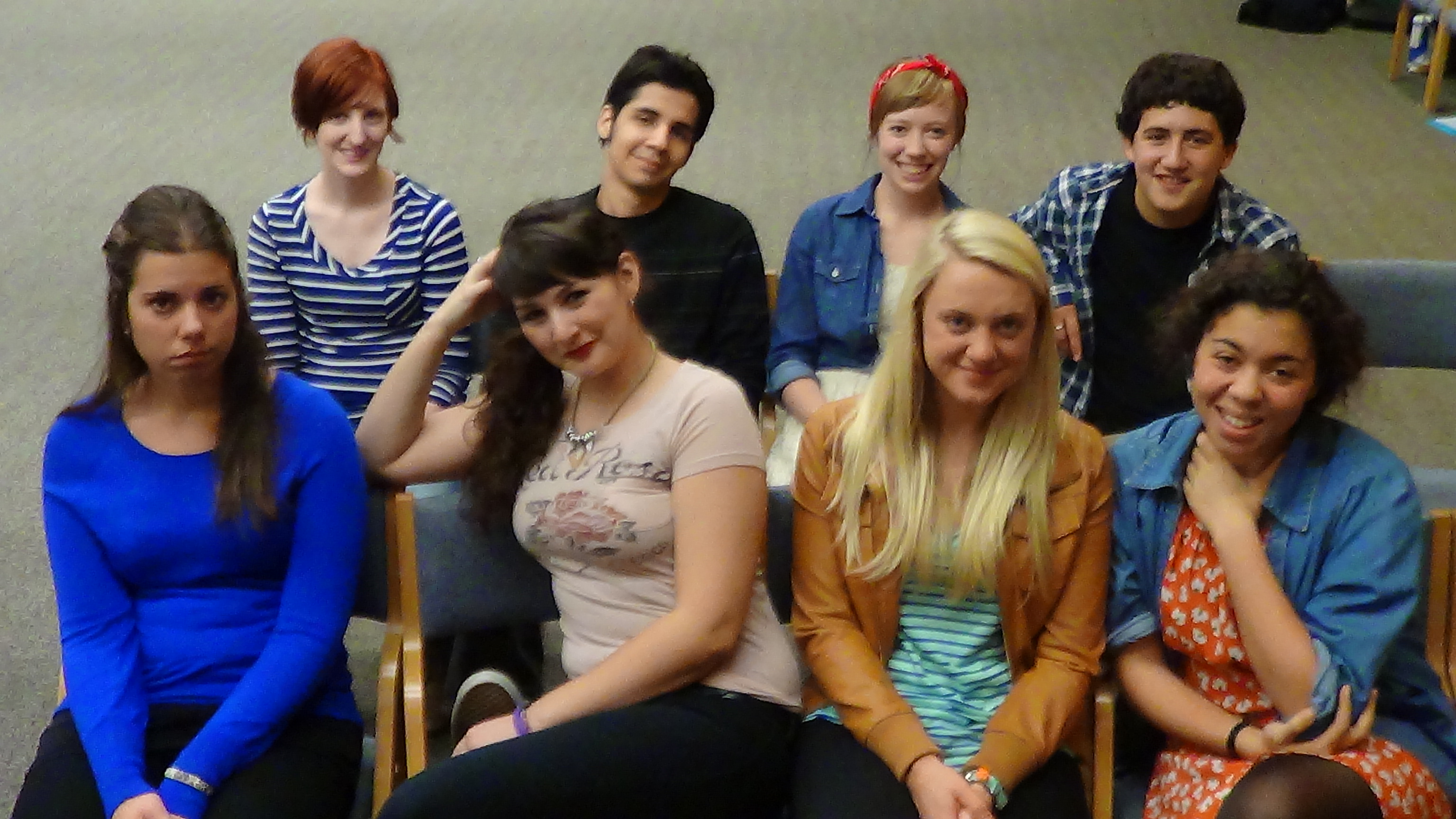Lady Bird (2017) is one of my favorite movies. I see no reason to dis-
guise or bury my love of Greta Gerwig’s films. Frances Ha (2012), Barbie
(2023) and Little Women (2019) are all well-reputed in their own right, but
Lady Bird, Gerwig’s first project as a solo director released in 2017 under
A24, is perhaps her finest work.
The movie’s presentation of femininity and the mother-daughter relation-
ships audiences can relate to are two aspects which are integral to the film
but may not be immediately obvious.
Lady Bird’s storytelling is refreshing in that its treatment of the experi-
ences of young women is earnest and understanding, and it benefits from a
female director. The movie takes Christine, also called Lady Bird, seriously,
and unlike many coming of age films, Christine is not always in the wrong.
Of course, she makes mistakes, but the story isn’t exclusively about her
mistakes.
This idea of caring about a protagonist’s feelings might seem quaint, but
has been a stumbling block of other movies before. Often, there’s such a
rush in storytelling to communicate elaborate themes and allegories that the
human face is forgotten, and the presentation of a messy and multifaceted
human face in the protagonist is something that’s special and refreshing in a
wonderful way.
Of course, Lady Bird would not be complete without the sometimes an-
tagonistic and supportive Marion, Christine’s mother. Marion and Christine
have the most difficult relationship in the entire movie, and their personali-
ties form the primary conflict. The film also deliberately has as few scenes
of Marion alone as possible — in fact, in the movie’s 94-minute runtime
there is only one. However, this isn’t a weakness of the film, but allows
Marion to serve as a foil for Christine and viewers to come to their own
conclusions about her.
This ambiguity has led to wildly differing views of Marion. Many viewers have interpreted Marion as abusive or suffering from some kind of
undiagnosed mental illness. However, I want to offer an alternate perspec-
tive. Marion briefly mentions her own difficult family with Christine, and
also has truly loving moments.
What I see in Marion — which is admittedly reflective of my own expe-
rience — is a mother trying to be better to her daughter than she was treated
herself. It’s difficult, often presenting a hurdle one is unprepared for, and in
many cases ends in tears for everyone involved.
Lady Bird is for anyone who wants to think about their parents, whether
for reconciliation, for validation or for any other reason. This is a movie
about being young and becoming your own person, but it’s also a movie
about familial love and being loved in turn, and that duality is where real
beauty emerges.
‘Lady Bird’ Reflects Mother-Daughter Relationships
Adelaide Kung- Staff Reporter

















